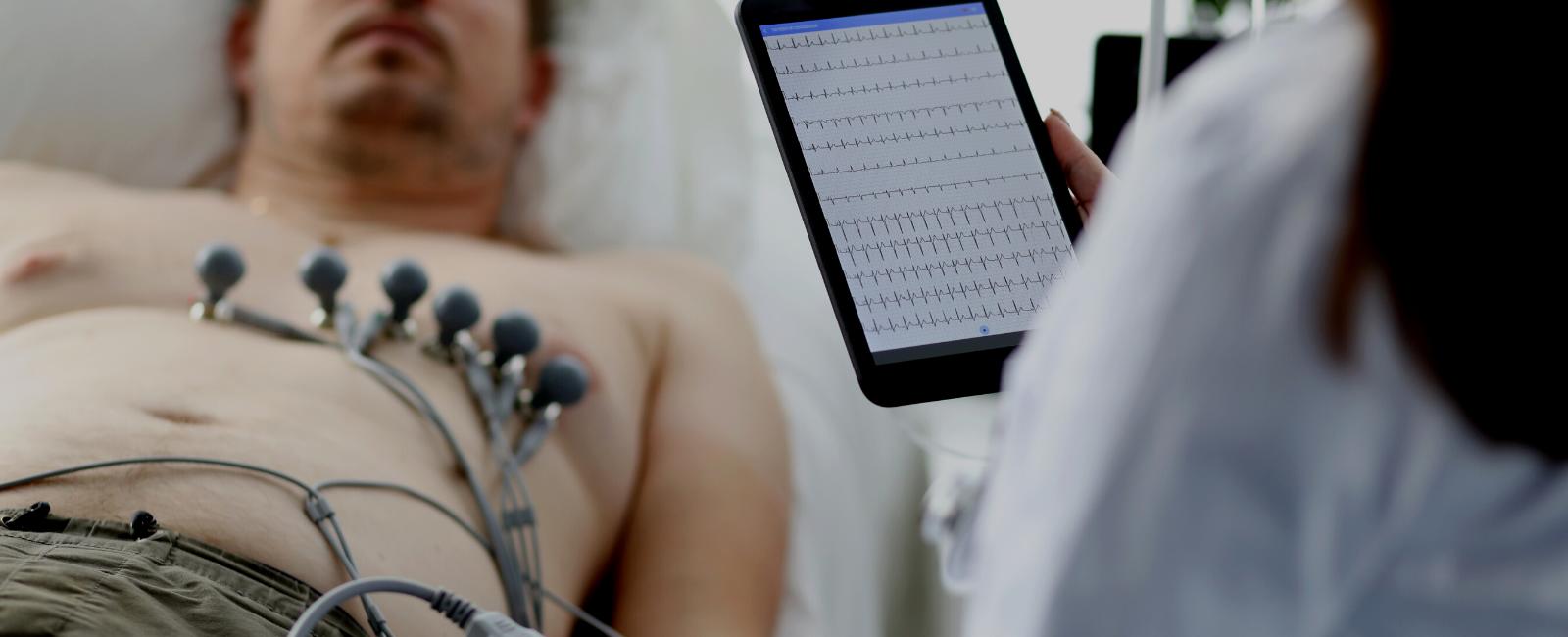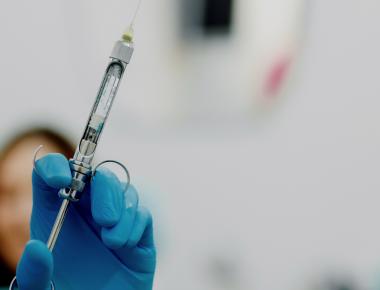
The Effectiveness of Magnesium Supplementation in Preventing Postoperative Hypomagnesemia and Arrhythmias

Table Of Contents
What is Atrial Fibrillation?
Patients with open-heart surgery, such as a coronary artery bypass graft (CABG), are likely to have atrial fibrillation (AF), a type of arrhythmia wherein there is an irregular and often abnormally fast heart rate. This problem usually happens within 24 to 96 hours after surgery. AF can cause reduced heart output and high blood pressure leading to blood clots, strokes, and palpitations. These problems can lengthen the stay in the hospital and cost more money. So it is important to do everything we can to prevent AF or manage it well if it does happen.
Magnesium as a Beneficial Supplement in the Prevention of Arrhythmias
There are many risk factors for postoperative cardiac arrhythmia. One of these factors is hypomagnesemia or a low serum magnesium level of less than 1.5 milliequivalents per liter (mEq/L). Evidence shows that this can lead to arrhythmias and that magnesium replacement can help stop them. People who had cardiac surgery are more likely to be deficient in magnesium, and this problem gets worse after CABG. That is why doctors often give patients magnesium supplements before and after surgery.
This present study aims to pursue two goals: first, to see if giving magnesium orally is as effective as intravenous (or through the vein) magnesium administration in preventing postoperative hypomagnesemia for patients undergoing CABG surgery, and second, to see if oral supplementation can prevent arrhythmias.
The Study Method on Magnesium in Preventing Postoperative Hypomagnesemia for Patients Undergoing CABG Surgery
In this interventional clinical study, 67 patients with coronary artery disease scheduled for CABG operation were randomly assigned into two groups. 36 of them received 1,600 milligrams (mg) of oral magnesium hydroxide through a nasogastric tube before surgery, while 31 received two grams (g) of intravenous (IV) magnesium sulfate during the induction of anesthesia. Before the intervention, a baseline magnesium level was obtained, and an electrocardiographic study was done. Blood samples were immediately taken, for a second time, after induction of anesthesia. The serum magnesium level was monitored for 48 hours after the operation.
The Results
The serum magnesium level peaked at around four milligrams per deciliter (mg/dL) during the operation. After the procedure, both groups experienced a decline, with the oral group having lower magnesium levels, but still, no significant differences were observed between the two groups. In addition, the occurrence of arrhythmia before the operation was 13.9% and 6.5% in IV and oral groups, respectively. However, after the operation, both presented a similar prevalence.
The Conclusion
The supplementation of 1,600 mg of oral magnesium is as effective as 2,000 mg of magnesium sulfate IV in reducing hypomagnesemia and arrhythmia incidences after CABG. Thus, it was concluded that this treatment regimen is promising.
Reference
Related Posts

Quick Links
Legal Stuff






